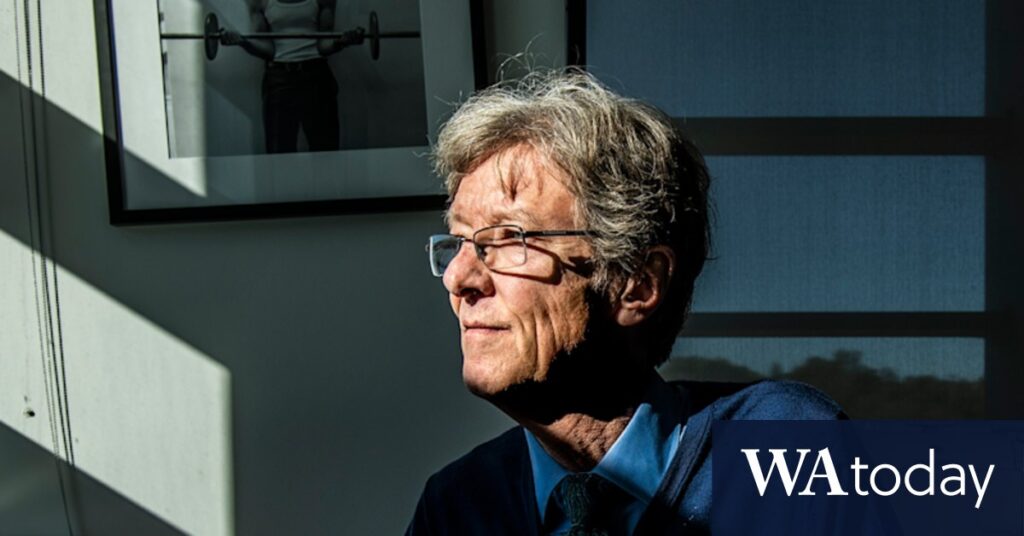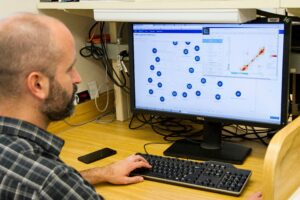
The NeuRA brain research institute, renowned for its groundbreaking work, finds itself in turmoil following the suspension of its co-founder, Professor Simon Gandevia. This upheaval was triggered by unproven and anonymous allegations of research misconduct against the institute’s CEO, Professor Matthew Kiernan, AM. The suspension occurred on Wednesday after Gandevia directed colleagues to an online source containing these allegations.
Professor Gandevia, a leading figure in spinal cord injury research, was not the source of the allegations, which remain unverified. His suspension comes at a critical time, as NeuRA had already announced plans to terminate two major research groups, including Gandevia’s, by the end of the year. This decision, part of a strategic shift towards brain health, affects approximately 30 scientists.
Background and Strategic Shifts at NeuRA
Located near the Prince of Wales Hospital in Sydney, NeuRA has been a beacon of research excellence since its founding in 1991 by Gandevia. His work, particularly in spinal cord injury, has been pivotal, supported by $2.9 million in government funding through 2026. However, NeuRA’s recent strategic plan has shifted focus, leaving spinal cord research on the chopping block.
According to a NeuRA spokesperson, “After careful consideration of our priorities, funding environment, and strategic direction, NeuRA’s board decided to divest from the research into spinal cord injuries carried out by the groups led by Professor Simon Gandevia and Professor Jane Butler at the end of this year.”
“We have placed on record our appreciation for the long service to NeuRA of professors Gandevia and Butler, and acknowledged the dedication of their respective teams to improving the lives of people with spinal cord injury.”
Impact on Research and Staff Morale
The decision to cut these research groups has sent shockwaves through the institute. Specialized equipment, including a spinal cord injuries gym, and ongoing clinical trials are now in a race against time to find new homes before the December 31 deadline. This has left many researchers at NeuRA, who are renowned for their contributions, in a state of uncertainty.
One senior researcher, speaking anonymously, expressed the sentiment among staff: “They are recognized world-leaders. To lose them would be detrimental to the future of NeuRA.”
Morale at the institute has reportedly been declining since the announcement of the new strategic plan. A senior researcher described the atmosphere as tense, with staff “walking around on eggshells” and fearing further job cuts.
Legal and Ethical Considerations
In the wake of his suspension, Professor Gandevia has retained top employment lawyer Chris McArdle. McArdle stated, “Professor Gandevia has given an undertaking to his employer not to discuss this matter externally.”
Meanwhile, NeuRA has acknowledged the existence of defamatory allegations against Kiernan but has emphasized its commitment to addressing such claims through established processes. The institute’s spokesperson stated, “We are aware of defamatory allegations made in the last month on the basis of an anonymous, unverified website against various papers authored by a number of academics.”
Looking Ahead
The unfolding situation at NeuRA raises questions about the future direction of the institute and its ability to retain top talent. As the December 31 deadline approaches, the focus will be on how NeuRA manages the transition of its spinal cord research and the impact on its overall mission.
With the scientific community watching closely, the handling of these allegations and the strategic shift will be critical in shaping NeuRA’s reputation and research output in the coming years. The institute’s next steps could set a precedent for how research institutions navigate allegations of misconduct and strategic realignments.





